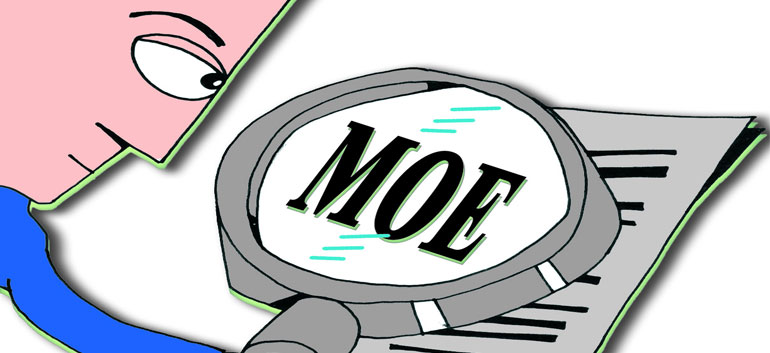Colombia’s main independent electoral watchdog has released its first report on the second round of presidential elections, signalling an initial 26% increment in electoral irregularities in comparison to the first round of voting on May 25.
The Electoral Observation Mission (MOE) reported 80 possible cases of voting irregularities and voter fraud, gathered from 6AM to 10:15AM, during the second round of Colombia’s presidential elections. The majority of reports, which range from illegal political propaganda to allegations of vote buying, came from the central state of Tolima, and the northern states of Bolivar and Cesar, the MOE report read.
| Colombia’s 2014 elections | |||||||
Real-time election updatesFull election coverage1st round election resultsElection polls |
|||||||
Candidate profiles
|
In addition to these reports, intervention of public officials and violation of freedom of movement have also been signaled by the electoral watchdog.
Vote buying and illegal propaganda
According to MOE’s report this morning, 39 of the reports denounce illegal campaign propaganda at voting stations, 25 denounce the electoral jury’s non-compliance of electoral proceedings, 5 denounce vote-buying and other 5 denounce public officials’ participation in politics.
Colombia’s citizens have reported instances of attempted vote buying, in the cities of Valledupar, Cerete, Gachala, Pereira and Pasto.
One of the most common reports to the electoral watchdog was the issue of campaign publicity given by both witnesses and jury members, normally prohibited at polling stations on the day of the elections. 26% of the elections witnesses wore distinctive signs belonging to political parties and so did 16 % of the jury members.
The MOE report also highlights the high percentage of absence of electoral witnesses, required to be at every polling station across the country, and jury members. According to MOE, 23% of the jury members were not present when the tables were being installed and 42,5% of the elections witnesses did not show up to the polling stations.
Destruction of electoral material
MOE stated concern over reports that in the state of Choco, electoral materials from six municipalities had been destroyed by an “illegal armed group”. The burning of the electoral material, according to the governor of Choco, prevented around 8,000 people from taking part in the electoral process.
MORE: ELN roadblocks threaten 2nd round of presidential elections: Colombia Military
Furthermore, three municipalities from Choco faced difficulty in commuting to the polling stations because of the armed stoppage of a criminal group.
Regarding the voting facilities for disabled people, MOE reported that 32% of the polling stations did not provide means to allow for the voting of those facing logistical problems.
Additionally, Colombia’s Inspector General’s Office revealed that 96 complaints on alleged electoral fraud had been reported by members of the public to the government authority. According to the report, most of the frauds were linked to vote-buying and the political involvement of public officials.



